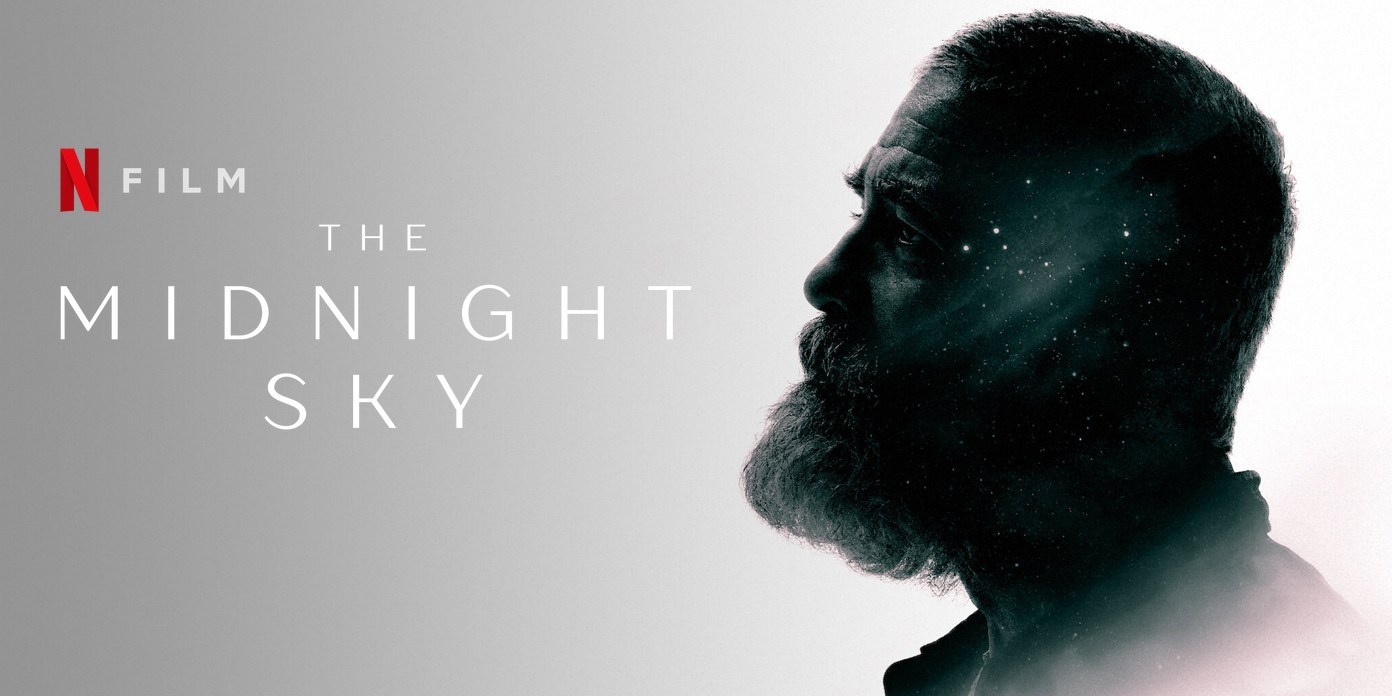
Two-time Oscar winner Goerge Clooney directs and stars in Netflix’s final awards contender to drop to streaming during this calendar year, the science fiction drama The Midnight Sky. Based on a novel by Lily Brooks-Dalton, the film follows a lone scientist (Clooney) in the Arctic who must contact a group of astronauts to stop them from returning to earth. This is Clooney’s first film as an actor since 2016’s Money Monster and his first as a director since 2017’s Suburbicon. The film will join a curiously large cinematic trend of 2010s Hollywood: the astronaut drama...
Perhaps it is the advancement of visual effects technology in filmmaking that has given filmmakers confidence to tackle these kinds of stories set in the vast expanse of the cosmos. Perhaps its awards baiting? Save one film in the list that follows, they do considerably well with Oscar nominations, particularly in the technical categories.
So while we await The Midnight Sky’s streaming release on December 23rd, here are five key films that preceded it.
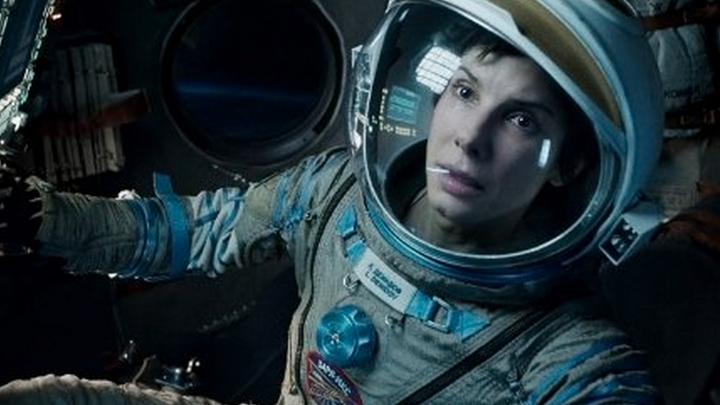
Gravity (2013)
Directed by Alfonso Cuarón
Nominated for 10 Oscars, winning 7 including Directing
The film to kick off this trend was this survivalist thriller about an astronaut (Sandra Bullock) who must find her way back to Earth after high-speed space debris hits her space shuttle. With filmmaking technologies invented specifically for the film, Cuarón skyrockets to cinematic heights with stunning visuals and immersive sound design to capture the visceral clockwork experience of constant threat of mortality and the moments in between such moments. Bullock gives a powerful performance, demonstrating the gradual growth of her character, from merely capable to unleashing the strength of her spirit. This came close to a Best Picture win that year, winning the most Oscars that night. It ultimately lost to the historical drama 12 Years a Slave.
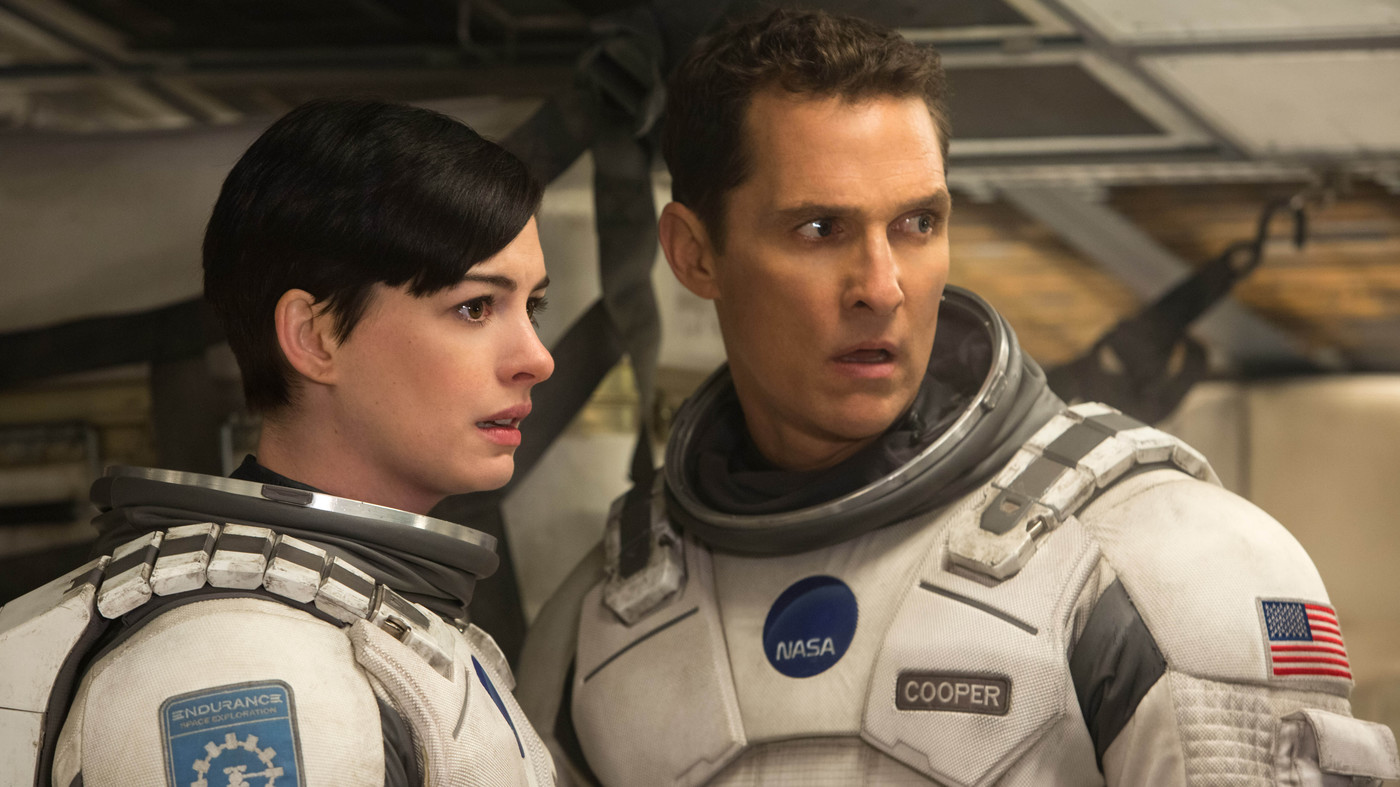
Interstellar (2014)
Directed by Christopher Nolan
Nominated for 5 Oscars, winning 1 (Visual Effects)
After The Dark Knight trilogy, Nolan travelled to space to tell the story of an astronaut (Matthew McConaughey) who must leave his family on Earth in search of a planet for humans to live in. This was one of the most anticipated films of its year. What we got was a sprawling exploration of love and time that is not afraid to wear its heart on its sleeve. Fresh off his Oscar win, McConaughey headlines with heart-wrenching openness as he grapples with the distance from his family and the concept of time, distorted right in front of him. Much has been said about its labyrinthine writing, divisive sound design, and tendencies toward overdramatic dialogue, but its ambition remains astounding. The film also boasts an Oscar-nominated emotional score by Hans Zimmer.
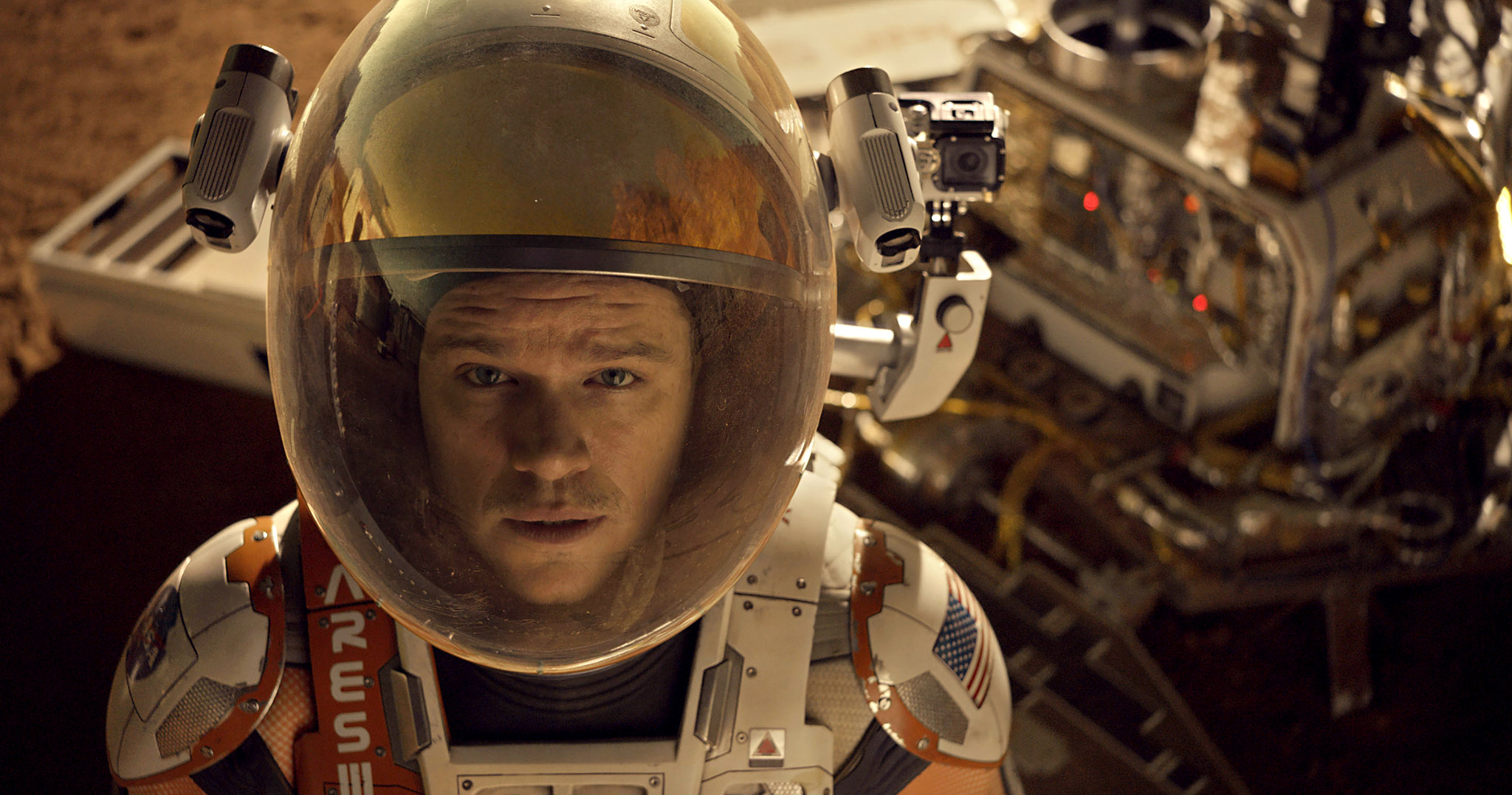
The Martian (2015)
Directed by Ridley Scott
Nominated for 7 Oscars including Picture
Marking his return to the Oscar race after Gladiator’s Best Picture win in 2000, Ridley Scott steers the trend in a different direction. The Martian tells the story of an astronaut (Matt Damon) left on the surface of Mars after being presumed dead by his fellow crew members. After making contact on Earth, he fends for himself using the limited supplies that he has while he awaits his rescue. Unlike the other films in this lineup, the film is not afraid to show the lengths the astronaut went to survive, most of them in a humorous light. Either by trying to grow potatoes or experiencing freezing temperatures inside a rover, the film highlights Damon’s deft sense of balancing humor and gravitas while always understanding the character’s corcumstances. While it did not win any of its Oscar nominations, it did win that year’s Golden Globe for Best Picture - Musical or Comedy, a categorization that remains contested to this day.
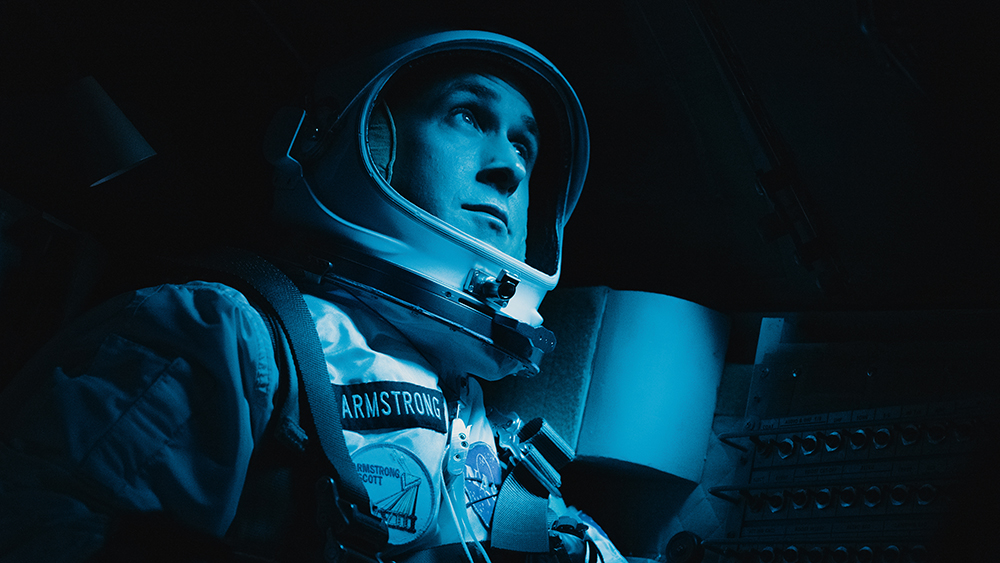
First Man (2018)
Directed by Damien Chazelle
Nominated for 4 Oscars, winning 1 (Visual Effects)
In his follow up to La La Land’s huge critical, financial success, and awards success (that two-minute long Best Picture win aside), Chazelle goes back in time to the Space Race to dissect the historical landmark of the man on the moon. Instead of presenting it as a mere achievement for humankind, the film contextualizes it with grief and confrontations of mortality from Neil Armstrong (Ryan Gosling). The film stands out from this canon for not dwelling on grandiose visuals but on the gritty behind-the-scenes work leading up to that monumental event. Armstrong’s pursuit in achieving this goal is enveloped with somber rumination that hangs on his shoulder for the most part. Gosling and on-screen wife Claire Foy give moving performances that depict the effects this mission has on a familial level. Quietly cathartic by the end, this mostly introspective film subverted expectations. That might have played a role in its underperformance that year both at the box-office and during the awards season, becoming one of the early favorites that failed to sustain its buzz come Oscar nominations.
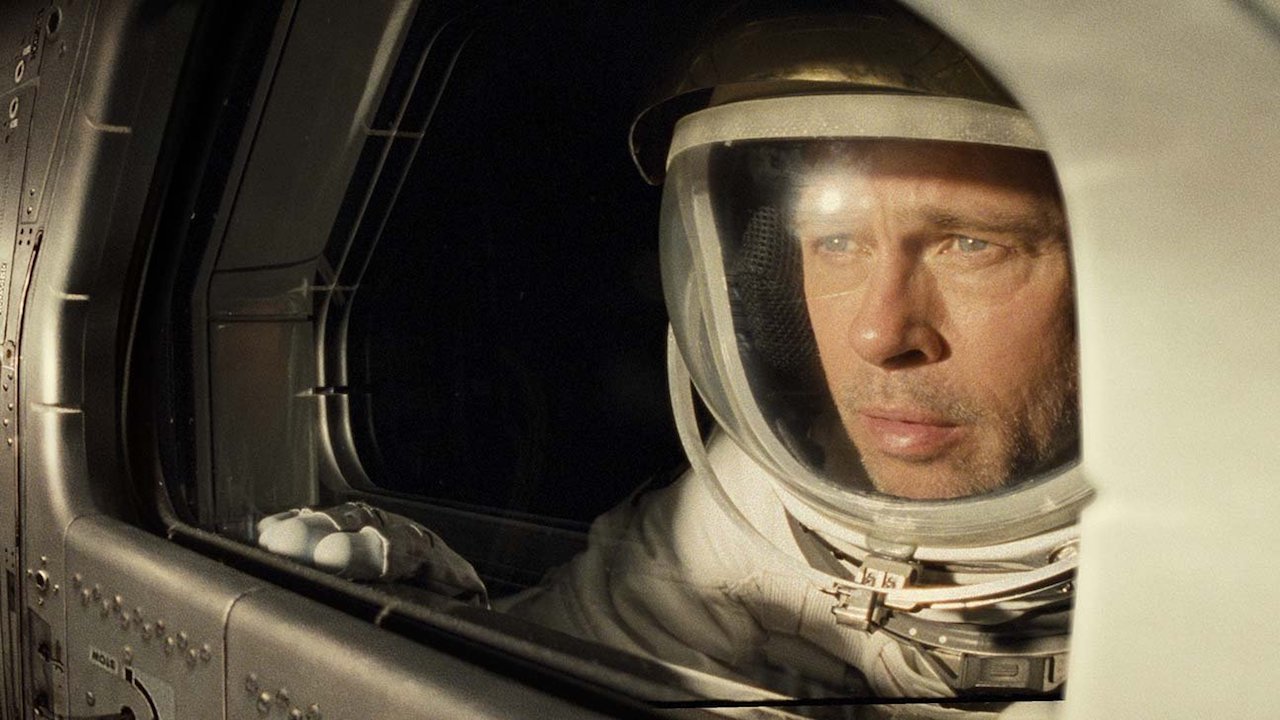
Ad Astra (2019)
Directed by James Gray
Nominated for Sound Mixing
The most recent entry in this list tells the story of an astronaut (Brad Pitt) who is tasked to go to Neptune to find the truth about his father (Tommy Lee Jones), a renowned astronaut who disappeared decades ago. The film basks in its deliberate pacing, almost becoming an overpowering mood piece in its own right. Its storytelling carefully moderates moments of high-intensity action with lingering moments of quiet reflection and heartbreak. The film’s core story of a son trying to reconnectwith an estranged father sets the tone for the mournful atmosphere. Pitt turns in a delicately restrained performance of heavy emotional baggage. Interestingly, this film was the one that almost got zero Oscar recognition. Ad Astra missed out on the finalist lineup for Best Visual Effects after it was shortlisted as a semifinalist. Luckily, a surprise nomination for Sound Mixing came through so it wasn't entirely shut out.
Other recent astronaught films (not a complete list): 2016’s Approaching the Unknown (directed by Mark Elijah Rosenberg), 2018’s High Life (directed by Claire Denis), 2019’s Lucy in the Sky (Noah Hawley), 2019’s Proxima (directed by Alice Winocour).
What do you think of The Midnight Sky’s awards chances? What is your favorite film from this list?